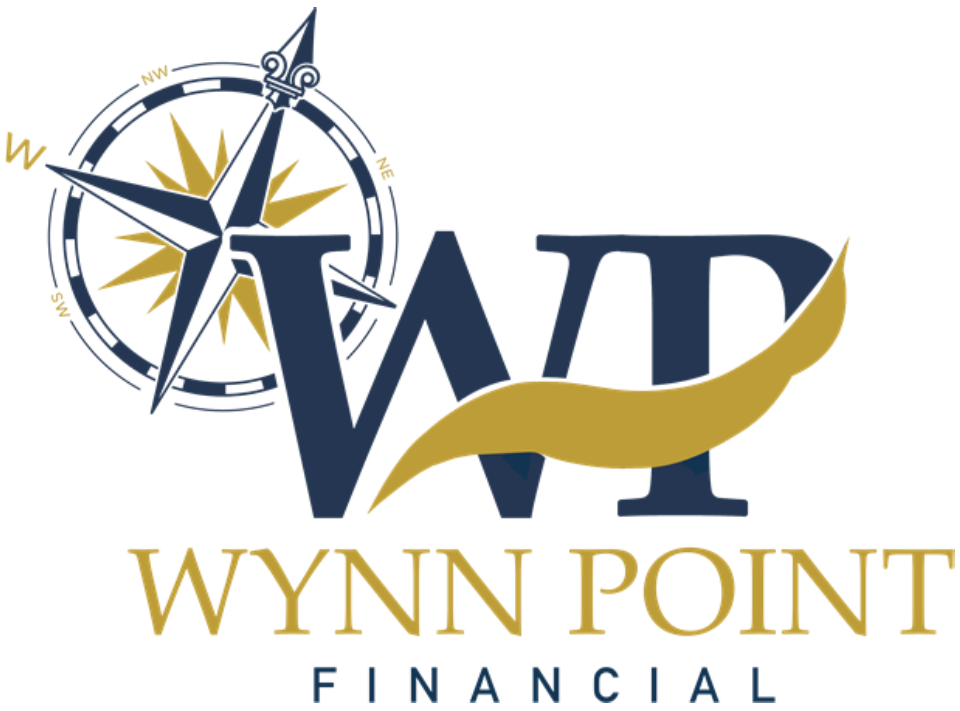Understanding the True Value: Why Business Owners Need Accurate Valuations
In the competitive landscape of business, understanding the actual worth of your company is not just a matter of numerical interest but a crucial component of strategic planning. Whether you’re considering future financial planning, building a legacy, estate planning, or setting the stage for succession, the valuation of your business forms the cornerstone of these crucial decisions.
The Vital Role of Accurate Business Valuation
Business valuation goes beyond simple numbers; it involves a comprehensive analysis of the company’s market position, assets, liabilities, and income potential. This is not just about the current status but a robust forecast into the future. An accurate valuation is crucial for several reasons:
- Financial Planning: It allows business owners to make informed decisions about investments, resource allocation, and growth strategies.
- Estate and Legacy Planning: Proper valuation ensures that you have the right figures for estate planning purposes, helping ensure that your legacy is managed as you envision.
- Succession Planning: Knowing the value of your business is essential when planning to pass the baton to the next generation, ensuring the process is smooth and reflective of the company’s true worth.
- Loan Applications and Expansion Projects: Lenders and investors are more likely to support your business if they see a well-evaluated, financially viable entity.
The Process of Business Valuation
Several intricate steps are taken in business valuation:
- Analyzing Financial Statements: Detailed examination of past and present financial data to assess the company’s economic status and trend behaviors.
- Market Positioning: Evaluating the company’s standing in the industry compared to competitors.
- Forecasting Future Earnings: Utilizing advanced modeling tools to predict future business scenarios and their impact on the company’s worth.
- Assessing Intangible Assets: Understanding the value of non-physical assets like brand reputation, trademarks, and customer loyalty.
Updating Valuation: A Necessity, Not an Option
The value of a business is not static; it changes with market conditions, internal developments, and many other factors. Thus, periodic updates from a third party, like a financial advisor, are necessary to maintain accurate valuation. These updates help in reassessing the company’s position and strategizing accordingly for future growth or potential market exit.
The Insights Gained from Accurate Valuation
With precise valuation, business owners can better understand how well the company is poised for future challenges and opportunities. The insight allows for:
- Operational Improvements: Identifying areas where clearly defined roles and effective procedures can enhance productivity and, consequently, value.
- Benchmarking: Comparing with peers in the industry to gauge what practices are adding to their value and how you can adapt or innovate beyond what is currently being practiced.
The Key Drivers of High Valuation
Understanding what contributes to increasing a business’s value is crucial. Some of these drivers include:
- Scalability: The ability of the business to grow without being hampered by its current structure or available resources.
- Sustainable Revenue Streams: The predictability and reliability of income.
- Operational Efficiency: Effective management of resources and processes.
- Market Position and Competitive Advantage: The uniqueness and defensibility of the business’s market position.
Conclusion
Incorporating the value of your business into your personal financial statement is not just about having a number but understanding what that number means and how it can be leveraged for future security and growth. Whether it’s for borrowing needs, expansion plans, or preparing for future sales, a proper valuation is indispensable. For business owners unsure about how to proceed with getting their business values, contact a financial professional.
Important Disclosures:
Business value estimates are not an official appraisal of a business’s value and may not be provided to a third party or used for lending or third-party sales. A Business Value Estimate is intended to be used as part of the business planning or personal financial planning process. Business Value Estimates are provided by a third party such that LPL makes no representations regarding the accuracy of the illustrations. LPL does not independently verify the accuracy of the information you provide or of the illustrations presented (149- LPL)
Tracking Number #580563
Related Contents

Stars, Stripes, and Stocks: 3 Ways Investors May Pursue Financial Freedom
What does the term “financial freedom” mean to you? For some, it means freedom from a particular workplace or industry. For others, it means the opportunity for an early retirement or the ability to start a long-desired business. Consider these three strategies that may help investors pursue financial independence on this Independence Day. Start Early…

Stars, Stripes, and Stocks: 3 Ways Investors May Pursue Financial Freedom
What does the term “financial freedom” mean to you? For some, it means freedom from a particular workplace or industry. For others, it means the opportunity for an early retirement or the ability to start a long-desired business. Consider these three strategies that may help investors pursue financial independence on this Independence Day. Start Early…

Stars, Stripes, and Stocks: 3 Ways Investors May Pursue Financial Freedom
What does the term “financial freedom” mean to you? For some, it means freedom from a particular workplace or industry. For others, it means the opportunity for an early retirement or the ability to start a long-desired business. Consider these three strategies that may help investors pursue financial independence on this Independence Day. Start Early…

